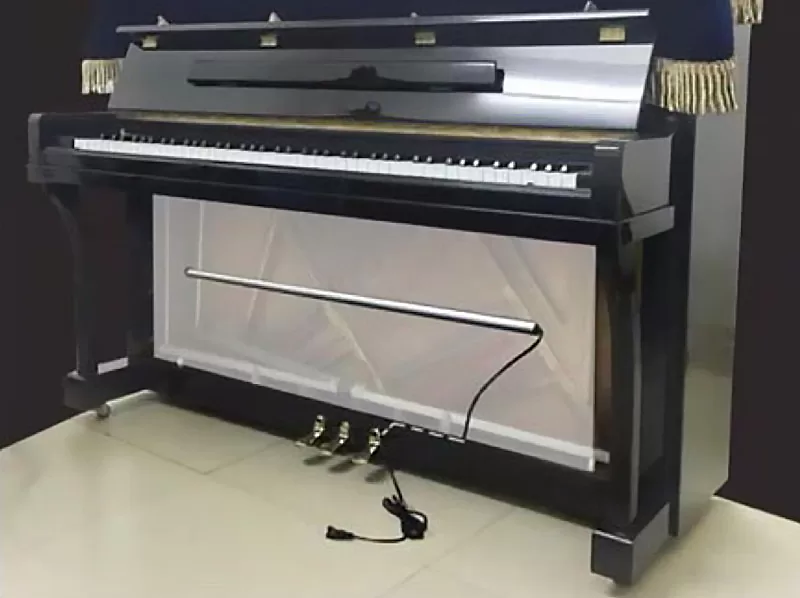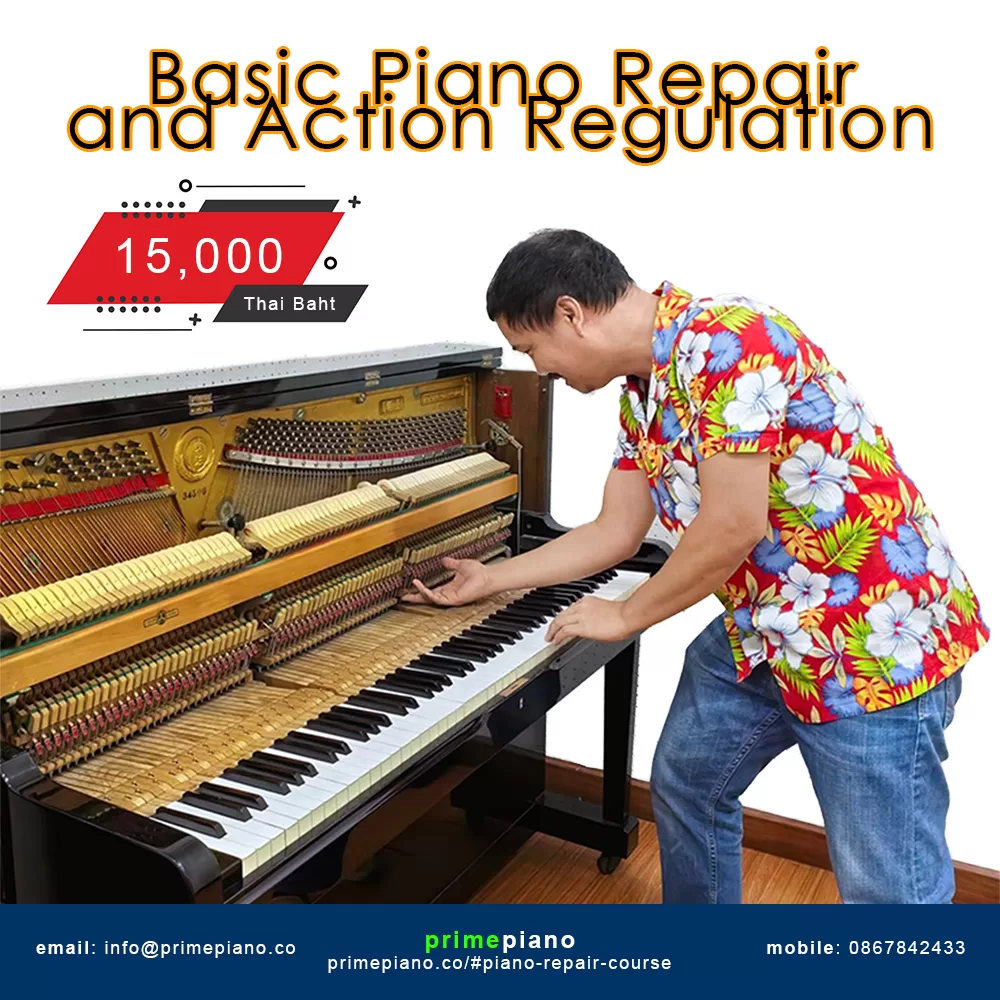Are you a piano enthusiast or owner seeking to safeguard your cherished instrument from the adverse effects of temperature and humidity fluctuations? Enter the realm of piano care and discover the indispensable role of piano heaters. In this comprehensive guide, we’ll delve into what piano heaters are, how they can benefit your instrument, and when to utilize them for optimal preservation.
Understanding Piano Heaters
Piano heaters, also known as piano dehumidifiers or climate control systems, are specialized devices designed to regulate the temperature and humidity levels within a piano’s environment. These compact yet powerful units are strategically placed inside the piano or its immediate vicinity to create a stable microclimate conducive to the instrument’s well-being.
The Importance of Piano Heaters
- Preservation of Wood and Components: Fluctuations in temperature and humidity can wreak havoc on a piano’s delicate wooden components, leading to swelling, warping, or cracking. Heaters help mitigate these risks by maintaining consistent humidity levels, thus preserving the integrity of the wood and preventing damage to key structural elements such as the soundboard, action mechanism, and keys.
- Optimized Performance: A stable environment is essential for ensuring optimal performance and sound quality. By controlling humidity levels, piano heaters help prevent key components from expanding or contracting, thereby minimizing the risk of sticking keys, sluggish action response, or tuning instability. This results in a more responsive, reliable, and tonally consistent instrument.
- Protection Against Environmental Factors: Pianos are highly sensitive to changes in their surroundings, including variations in temperature and humidity. Whether exposed to extreme cold, heat, or moisture, these environmental factors can compromise the structural integrity and longevity of the instrument. Piano heaters serve as a proactive measure against such threats, providing a safeguard against potential damage and prolonging the piano’s lifespan.
When to Use a Piano Heater
- Seasonal Changes: As the seasons change, so do the environmental conditions within your home or performance space. During the colder months, indoor heating systems can lead to low humidity levels, posing a threat to your piano’s well-being. Similarly, summer humidity can cause moisture-related issues. Utilize a piano heater year-round to maintain stable conditions regardless of external weather fluctuations.
- Inconsistent Climate: If your location experiences significant fluctuations in temperature and humidity throughout the year, a piano heater can provide much-needed stability for your instrument. This is particularly crucial for pianos housed in environments prone to rapid climate changes, such as basements, attics, or rooms with large windows.
- Newly Acquired Pianos: When introducing a new piano to its environment, it’s essential to acclimate it gradually to prevent shock to the instrument. Using a piano heater from the outset helps create an ideal climate conducive to the piano’s adjustment and ensures a smooth transition into its new home.
How much humidity should an acoustic piano have?
For acoustic pianos, including grand pianos and upright pianos, the ideal humidity level typically falls within the range of 40% to 60%. Maintaining humidity within this range is crucial for ensuring the health and longevity of the instrument. Here’s why:
- Wooden Components: Pianos contain numerous wooden parts, including the soundboard, bridges, keys, and action mechanisms. Fluctuations in humidity can cause these wooden components to expand or contract, leading to problems such as warping, swelling, or cracking. By keeping humidity within the recommended range, you can minimize the risk of damage to these vital parts.
- Tuning Stability: Changes in humidity can also affect the tension of the piano strings and the overall tuning stability of the instrument. Excessive dryness can cause the soundboard to shrink, resulting in a loss of tension on the strings and a tendency for the piano to go out of tune more frequently. Conversely, high humidity levels can cause the soundboard to swell, potentially affecting the tuning stability as well.
- Action Regulation: The piano’s action mechanism, which includes keys, hammers, and dampers, relies on precise alignment and responsiveness to produce sound. Fluctuations in humidity can impact the action regulation, leading to issues such as sticky keys, sluggish response, or uneven touch. Maintaining optimal humidity levels helps ensure consistent playability and responsiveness.
Regular maintenance, including tuning and inspection by a qualified piano technician, is essential for ensuring the continued health and performance of your acoustic piano. By paying attention to humidity levels and taking proactive measures to regulate them, you can preserve the beauty, functionality, and longevity of your beloved instrument.
You can also contact us if you have more questions about this subject.




